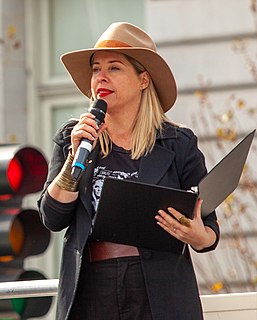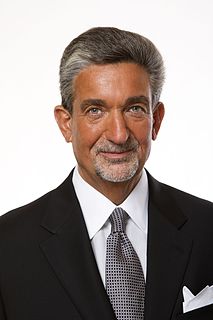A Quote by George Eliot
It's all one web, sir. The prosperity of the country is one web.
Quote Topics
Related Quotes
Do you understand how there could be any writing in a spider's web?" "Oh, no," said Dr. Dorian. "I don't understand it. But for that matter I don't understand how a spider learned to spin a web in the first place. When the words appeared, everyone said they were a miracle. But nobody pointed out that the web itself is a miracle." "What's miraculous about a spider's web?" said Mrs. Arable. "I don't see why you say a web is a miracle-it's just a web." "Ever try to spin one?" asked Dr. Dorian.
When I was 14, I spent a huge amount of time on the Internet, but not the Internet we know today. It was 1994, so while the World Wide Web existed, it wasn't generally accessible. Prodigy and CompuServe were popular, and AOL was on the rise, but I didn't have access to the web, and no one I knew had access to the web.
The open web is full of spam, shady operators, and blatant falsehoods. Outside of a relatively small percentage of high quality sites, most of the web is chock full of popup ads and other interruptive come-ons. It's nearly impossible to find signal in that noise, and the web is in danger of being overrun by all that crap.
The 10th Annual Webby Awards represent an extraordinary opportunity to celebrate the evolution of the web from an esoteric medium to the driving force shaping popular culture, business, and society today, .. As the web enters its second decade as an integral part of everyday life, our expanded categories recognize those who are pushing the web in exciting new directions.





































